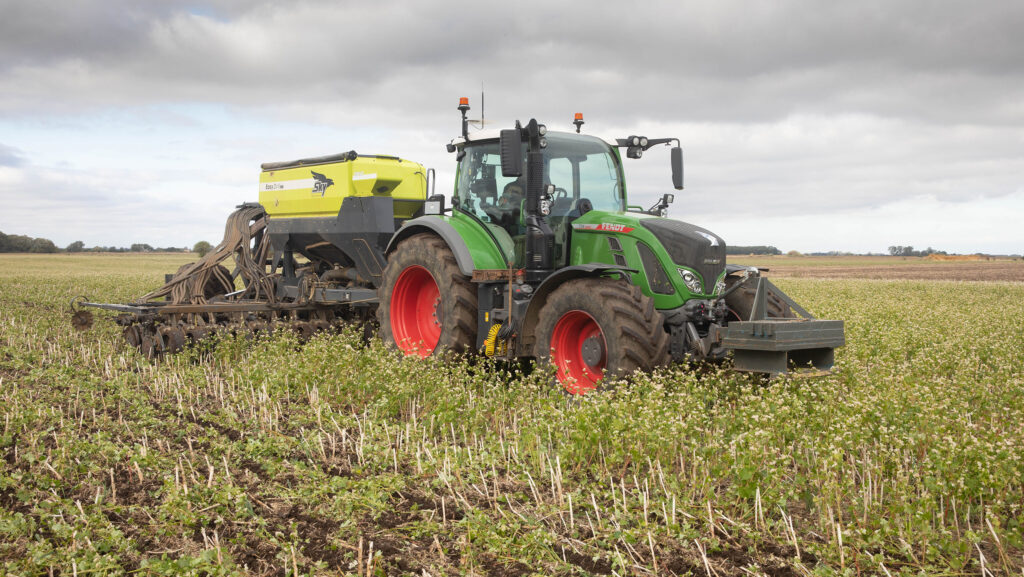Guide to ADM’s regen premiums for milling wheat and OSR
 © Tim Scrivener
© Tim Scrivener Various contracts offering green premiums are available to farmers, as food brands look for ways of securing supplies and supporting farmers as they adopt more sustainable practices.
Among those offering incentive payments is ADM Agriculture, as part of its Re:generations programme, which has been designed to help growers implement regenerative practices and reduce greenhouse gas (GHG) emissions.
The programme was rolled out in the UK in 2023, following success in North America, where it had a goal of covering 810,000ha with regenerative practices in its second year.
See also: Can delayed drilling be replaced in blackgrass control programmes?
Globally, the company has a target of 1,620,000ha by 2025.
In Europe, the ADM programme is also being introduced in Poland, with farmers receiving agronomic guidance as well as financial incentives, to implement the required changes and improve sustainability performance.
Both regenerative milling wheat and oilseed rape contracts are available, with the company paying growers on an area basis for certain practices, such as cover cropping and conservation tillage.
There are seven actions for oilseed rape and six for milling wheat, with growers being encouraged to adopt as many as possible.
There is also a £500 lump sum payment for the completion of a scorecard, which provides the evidence needed by their customers.
The oilseed rape contract offers £47/ha. This is broken down into the following:
- Cover crops – £8/ha
- Conservation tillage – £8/ha
- 4R nutrient management – £8/ha
- Use of organic manure/matter – £8/ha
- Companion cropping – £8/ha
- Integrate livestock – £4/ha
- Biodiversity in on-farm habitat – £4/ha.
There are options within each action – the use of cover crops can include winter covers and summer catch crops, for example, while the use of conservation tillage is defined as reduced, strip or no-till systems which reduce tillage to a depth of 10cm.
Growers must also have three different crops across the total arable area in the given year.
Data collection is key and the UK programme was co-designed with Map of Agriculture.
ADM’s customers will receive insights into the effects of these changes on their supply chains, while participating growers will receive detail on carbon emissions, nitrogen use efficiency and yield, with the ability to benchmark if they wish.
As Allie Hesketh, ADM’s climate smart agriculture country co-ordinator, explains, growers who are interested in finding out more about these contracts, should get in touch with their local farm trader.
“We’ve had a strong response so far and we are keen to partner with farmers to help build the resilient supply chains needed for the future. We recognise that creating value for farmers is important.”

